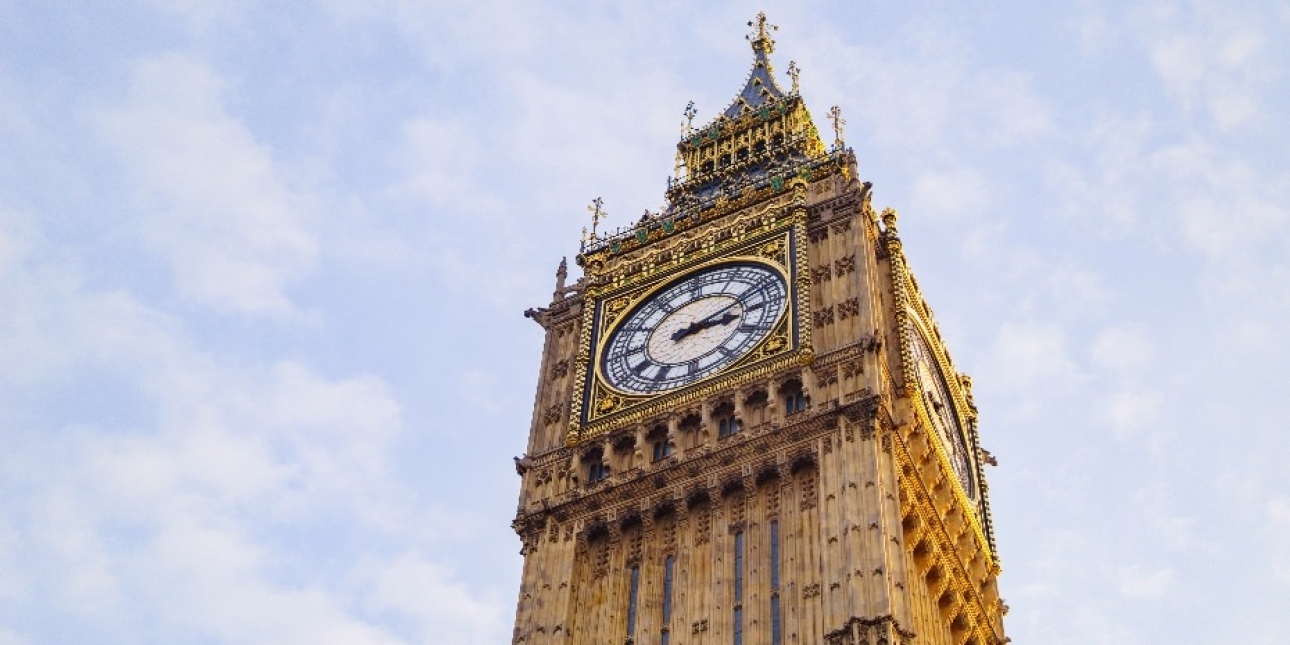PUBLIC RELATIONS
Monday 18th February 2019
The Rise (Again) of Parliament and its Impact on Public Affairs
With strong and stable majority long-term governments came Parliamentarians that followed the lines set out by the party leadership. Patronage was strong and Prime Ministers could use that to their considerable advantage.
Frankly on many issues, Parliamentarians were only one of a number of relevant audiences.
The days when Parliament was at the epicentre of all political life seemed to have passed. While Parliament would set out the broad direction of policy, the real detailed work was undertaken by officials.
But the situation has changed. Since the election of their Chairs, Select Committees have been reinvigorated and now Parliament itself is a place where once again business is done.
So Parliament is on the rise again and that means public affairs campaigns have to learn again how to engage with it effectively.
An era of minority governments? A coalition followed by a minority government does not prove that we are seeing an end to majority governments. But this has, so far, led backbench MPs to feel that they have more control and can be more independent of their leadership. Minority governments also make leaderships more responsive to their backbench members. So, in essence, individual MPs have more power and they know it! This gives them more opportunities to get their issues listened to by their leaders.
Polarisation: there is no escaping the apparent polarisation of politics. That makes coalition building and bridge building more difficult but, mixed with a potential era of minority governments, even more important. So good public affairs advice will need to factor this into campaigns as well. Just how are you going to bring people together and build coalitions?
All Party Groups: it is important to consider not just how to make new political friends but to establish effective relationships and improve dialogue and understanding. All Party Groups aren’t the only way that this can happen but they should be high up the list of priorities. They are one method by which some of the necessary coalition building might be able to take place.
Secondary legislation: there is one thing that everyone agrees on about Brexit. There will be a lot of secondary legislation that needs to go through Parliament as a result. These will change existing legislation. Some will be small details, others potentially much larger. However, this approach has been criticised for its potential lack of scrutiny and the sheer number of them that need to be passed increases the chances of something being missed. One of the key priorities for public affairs will be helping teams and clients keep track of the all the secondary legislation just in case there is something relevant for them there. If there is then they need to understand the process for its passing and then figure out what to do.
Lack of government business: it is not entirely clear what the post Brexit legislative priorities will be for this government. That could open up some valuable opportunities for backbench business – questions, debates, maybe even legislation as well. As things stand there is very little government business going into Parliament for consideration. Of course, there will be some big and important Bills post-Brexit, items that are currently being stored up, to deal with the likes of farming, fishing, trade and immigration but other space will be available.
So, what happens in and around Parliament is rightly moving back up the public affairs agenda. If it is not taken seriously then threats and opportunities will both be missed.
Photo by Adi Ulici on Unsplash
